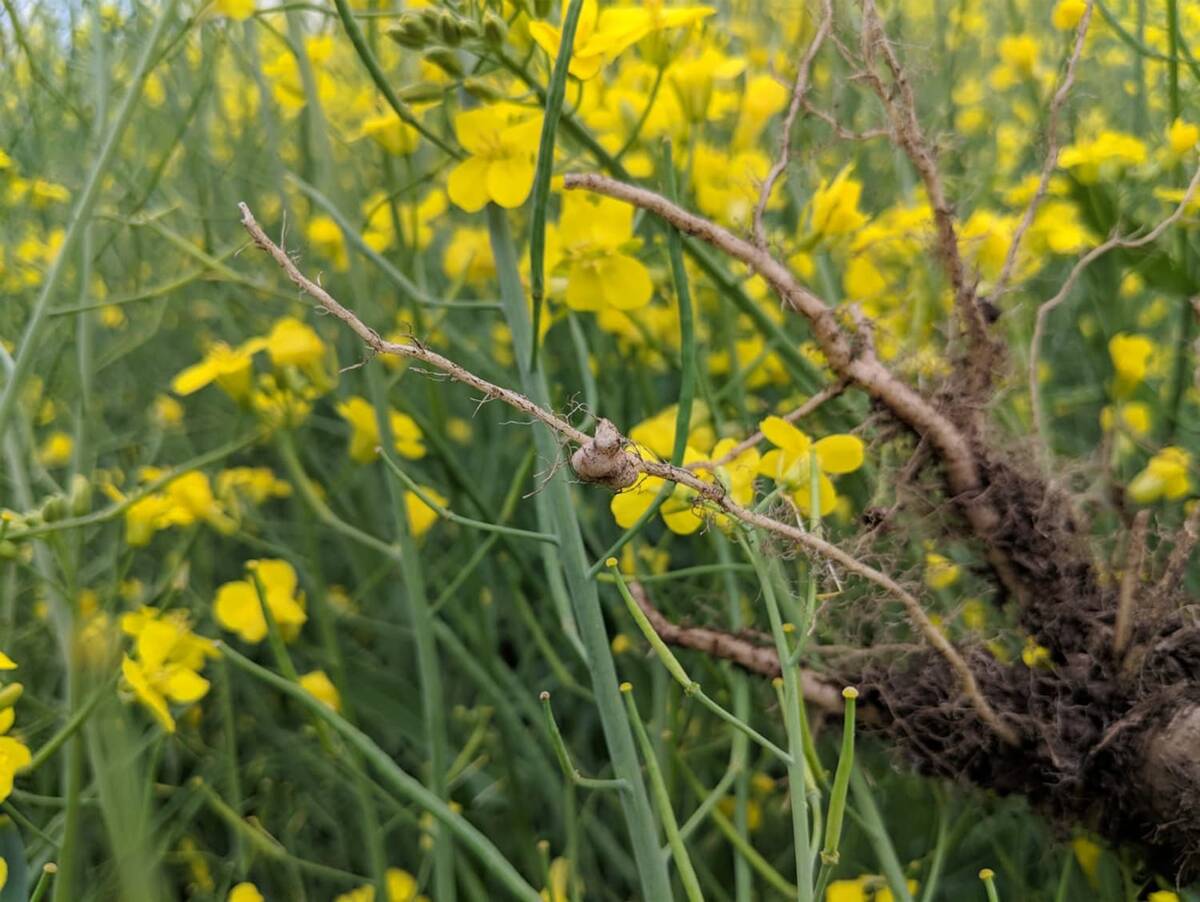Manitoba producers can now create an environmental plan for their farm without a pen or paper.
The governments of Manitoba and Canada have built an online tool, found at online.manitobaefp.ca/, where farmers can develop an environmental farm plan to protect biodiversity, improve soil, air and water and achieve other environmental goals.
Employees with Keystone Agricultural Producers will review the environmental plans to ensure they will satisfy the broader goals of the agriculture industry.
Read Also

Going beyond “Resistant” on crop seed labels
Variety resistance is getting more specific on crop disease pathogens, but that information must be conveyed in a way that actually helps producers make rotation decisions.
“KAP is pleased to have worked with both levels of government on delivering a tool that producers can confidently and easily use as they work to more easily employ sustainable farming practices in their operations,” said Bill Campbell, KAP president and a farmer from Minto, Man.
“This new platform will help increase the accessibility of the EFP program for Manitoba producers and sends a strong signal to consumers about the efforts taken to deliver sustainably grown agricultural products to the marketplace.”
The environmental farm plan is a voluntary self-assessment, done by a farmer, to evaluate environmental risk on their operation. Once areas of environmental risk are identified, action plans are developed to mitigate those issues.
The Manitoba EFP website includes a video explaining the online process and a list of frequently asked questions.
One of those questions is about the old method for creating an EFP — filling out a workbook or attending a workshop.
“There will no longer be EFP workshops or paper workbooks,” the environmental farm plan website says. “The system has been designed to completely replace both.”
In Manitoba, farmers who want to receive funding for agri-environmental programming must complete an environmental farm plan.
Farmers benefit because it makes “Manitoba-grown commodities more marketable to environmentally conscious consumers,” said Derek Johnson, the province’s ag minister.
“The EFP is a valuable and proactive risk management tool. It includes a strong educational component that will continue to provide positive environmental outcomes while enabling the province to meet its goals for enhancing public trust in the agricultural sector.”


















